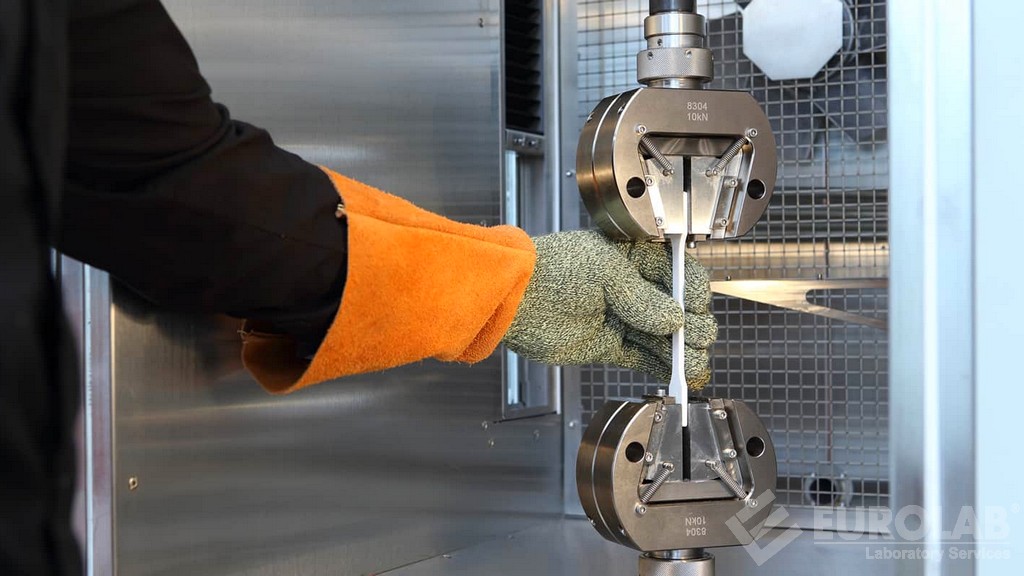Emulsion Breaker Testing
In the oil and gas industry, emulsions are a common phenomenon due to the mixing of water and oil. Emulsions can be problematic in various stages of production and processing because they hinder efficiency and increase operational costs. An emulsion breaker is a chemical additive designed specifically to destabilize these emulsions by separating their components. This process is crucial for maintaining optimal performance throughout the entire lifecycle of an oil field.
Emulsion breakers are extensively utilized in crude oil production, where they help separate water from oil, ensuring that the extracted fluids can flow freely through pipelines and processing equipment without obstructions. In gas production processes, emulsions may form due to varying pressures and temperatures, leading to reduced efficiency in extraction techniques. By breaking these emulsions down into their constituent parts, emulsion breakers facilitate easier transport and handling.
The selection of appropriate emulsion breaker chemicals is critical for achieving desired results while minimizing environmental impact. Factors such as biodegradability, toxicity levels, and effectiveness under specific conditions must be carefully considered when choosing the right product for a particular application. For instance, some emulsions require high-temperature stability whereas others might need excellent low-temperature performance.
Testing emulsion breakers involves rigorous laboratory analysis to ensure they meet required standards before being approved for use in actual field operations. This includes evaluating key properties like solubility, viscosity, and pH level changes upon contact with water-oil mixtures. Additionally, tests may also cover aspects such as residual amounts remaining after treatment, compatibility issues between different types of emulsion breakers, and overall cost-effectiveness compared to alternative solutions.
Our comprehensive testing services for emulsion breakers encompass a range of methodologies tailored specifically towards this unique field requirement. We employ advanced analytical techniques including spectroscopy, chromatography, calorimetry, titration methods among others to provide accurate measurements and interpretations regarding the performance characteristics of each sample submitted by clients.
By leveraging our expertise in both conventional testing practices as well as cutting-edge technological advancements, we aim to deliver reliable data that helps guide informed decision-making processes related to selecting suitable emulsion breaker products. Our commitment is to ensure that every test conducted adheres strictly to relevant international standards such as ISO 10367:2008 or ASTM D3945-08e1.
- We utilize state-of-the-art instrumentation capable of measuring various physical and chemical properties associated with emulsion breakers.
- Our team comprises highly qualified professionals who possess extensive experience in conducting similar assessments across multiple sectors within the petroleum industry.
- The results generated from our testing procedures are detailed and presented clearly, facilitating easy interpretation by end-users.
Applied Standards
To ensure consistency and reliability in our emulsion breaker testing services, we adhere strictly to internationally recognized standards such as ISO 10367:2008 for determining the breaking strength of water-in-oil emulsions. This standard provides a standardized approach for measuring how effectively an emulsion breaker can separate two immiscible liquids - namely water and oil.
Another relevant standard is ASTM D3945-08e1, which specifies procedures for evaluating the effect of various chemicals on oil-in-water emulsions. By following these guidelines, we are able to provide clients with precise information about their chosen emulsion breaker's capability in breaking down such emulsions.
Our testing methods also incorporate EN 14023:2008, which deals with the determination of water content in crude oil and its fractions. This standard ensures accurate quantification of any residual moisture present after treatment with an emulsion breaker, providing valuable insights into product efficiency.
Furthermore, we consider ISO 17456-1:2018 when assessing biodegradability aspects, ensuring that the chemicals used do not pose significant risks to ecosystems following disposal or discharge into natural environments. Compliance with these rigorous standards reinforces our reputation for delivering high-quality services backed by robust scientific evidence.
By aligning ourselves closely with recognized industry best practices through adherence to these internationally accepted norms, we strive to maintain credibility and trustworthiness among our clients who rely on accurate and dependable results from our laboratory analyses.
Environmental and Sustainability Contributions
The use of emulsion breakers plays a vital role in promoting sustainable practices within the oil & gas industry by minimizing environmental impacts associated with improper handling or disposal of waste materials. When improperly managed, emulsions can lead to significant contamination of soil and water bodies, posing serious threats to local ecosystems.
Through our thorough testing services for emulsion breakers, we help identify effective alternatives that reduce the likelihood of such incidents occurring in real-world applications. Our rigorous assessment ensures that only environmentally friendly options are recommended for use, thereby contributing positively towards global efforts aimed at reducing carbon footprints and preserving natural resources.
Moreover, our commitment to sustainability extends beyond merely recommending greener solutions; it encompasses educating stakeholders about best practices related to emulsion breaker usage. By sharing knowledge through workshops, seminars, and publications, we aim to foster an awareness of the importance of responsible decision-making regarding chemical selection and application.
In conclusion, by offering reliable testing services that uphold strict adherence to international standards while promoting environmentally conscious approaches, we contribute significantly towards maintaining a balanced approach between economic growth and ecological preservation within the oil & gas sector.
Competitive Advantage and Market Impact
- Accurate Data: Our detailed testing reports offer clients unparalleled insights into their emulsion breaker products, enabling them to make informed decisions based on concrete evidence rather than guesswork.
- Expertise: With a team of highly skilled professionals specializing in this niche area, we bring industry-specific knowledge that sets us apart from general labs offering generic services.
- Rigorous Compliance: By strictly following recognized international standards like ISO and ASTM, our tests are widely accepted by regulatory bodies worldwide, enhancing credibility and acceptance among buyers.
- Sustainability Focus: Emphasizing eco-friendly solutions contributes to sustainable practices, making us a preferred choice for companies committed to green initiatives.





